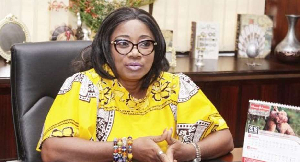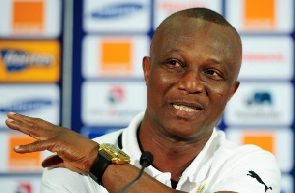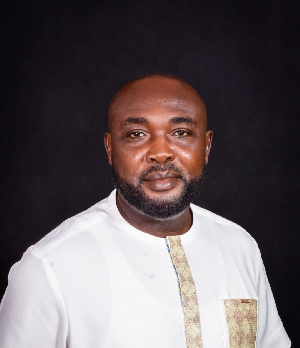An Economist at the University of Ghana Business School, Dr Lord Mensah, says Ghana’s economy has been in distress since 2017 adding that the government must reduce its appetite for borrowing from the local market.
Speaking on the Morning Starr on Monday, May 10, Dr Mensah said the government must also restructure its policies and put in place policies that will engage the private sector to help revive the economy.
“The economy has been hanging, and it’s been hanging for the past four years. And it has to do at the macro level. For now, what is going to happen is that gov’t needs to restructure its policies and the policies should engage the private sector,” Dr Mensah said, adding, “the Government must reduce its appetite for borrowing from the local market.”
Dr Mensah also wondered how the Akufo-Addo led government has borrowed so much with little to show for in terms of infrastructural development.
“In a situation where we’ve borrowed so much and you can’t see infrastructure to go with it, then it becomes a cause to worry. There’s no lender who’ll give you money for consumption so if we don’t see infrastructure to go with the monies borrowed, then it’s been used for something else.”
His comments come after the Information Minister, Kojo Oppong Nkrumah said the Akufo-Addo government had to embark on extra borrowing in order to get the Ghanaian economy functioning despite the harsh impact of COVID-19.
He said the media must play a role in reminding Ghanaians about the devasting impact the pandemic has had on the world economy and the need to work with the government in finding solutions.
“We have to literally break the banks, borrowed money that we have never borrowed before, exceed some of the very fine statistical limits that we have put in place. We have to sacrifice all that so we can pump resources into ensuring that today you and I are still alive and we are not like India,” he told the media in Tamale.
He stressed: “Today you see a deficit of 11%, you see debt to GDP ratio over 70%, you see revenues are falling, you see expenditure is challenged. That is to be expected if we are going to sacrifice that to protect lives.”
Click to view details



Business News of Monday, 10 May 2021
Source: starrfm.com.gh

















